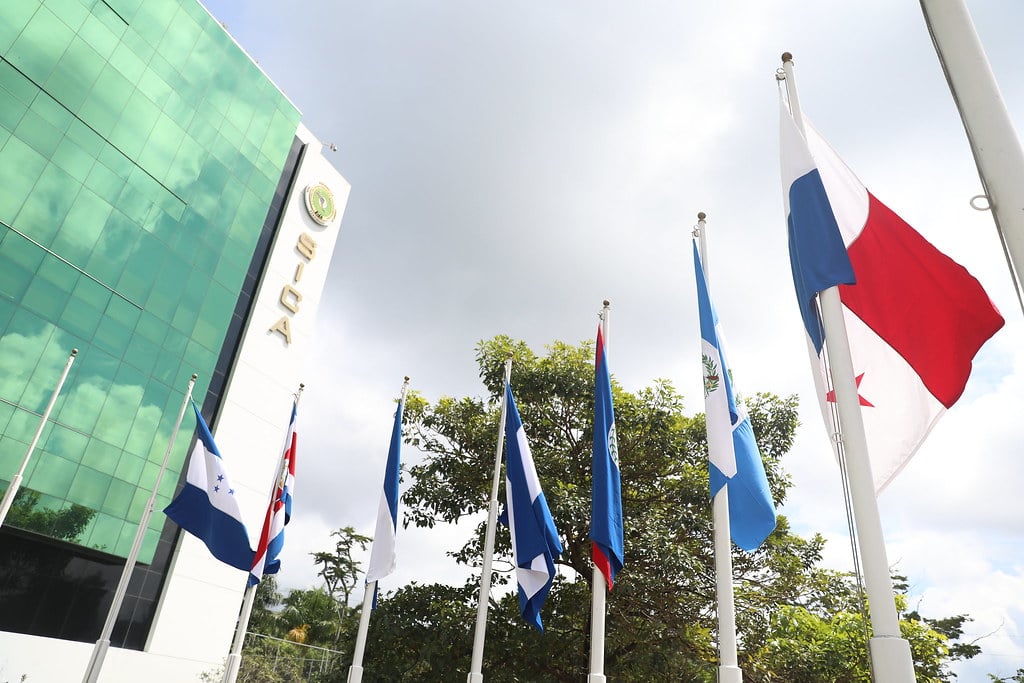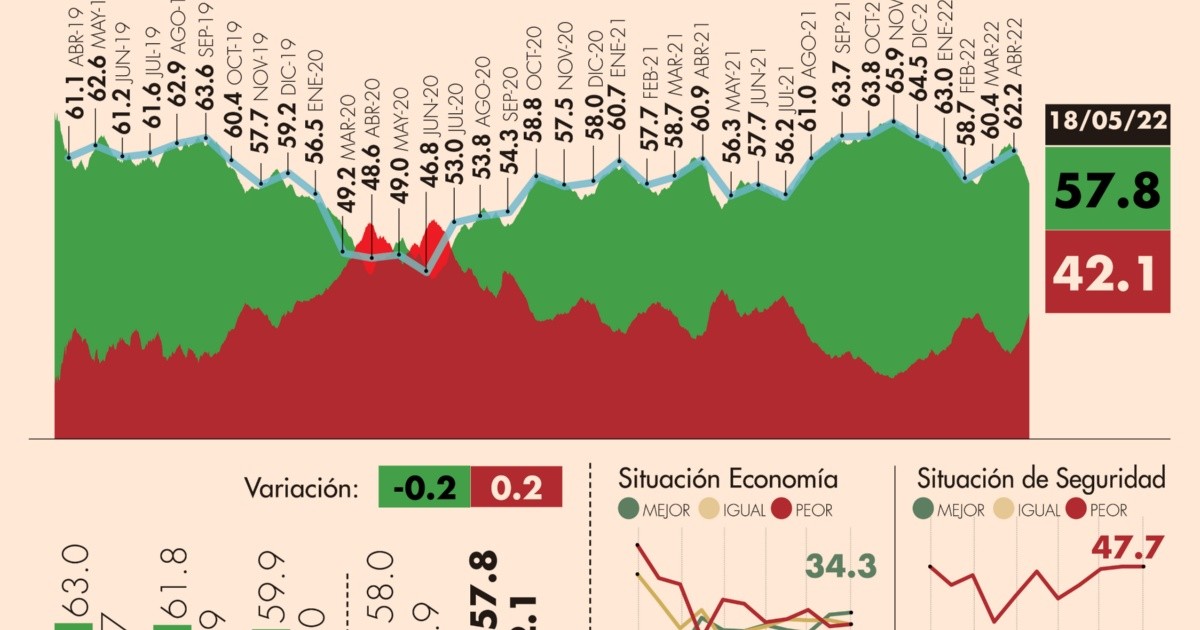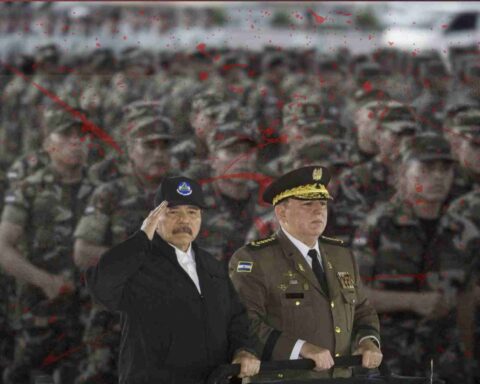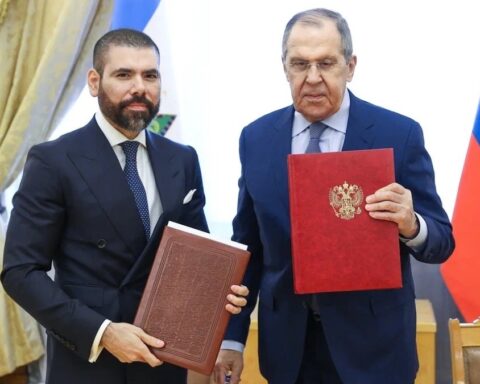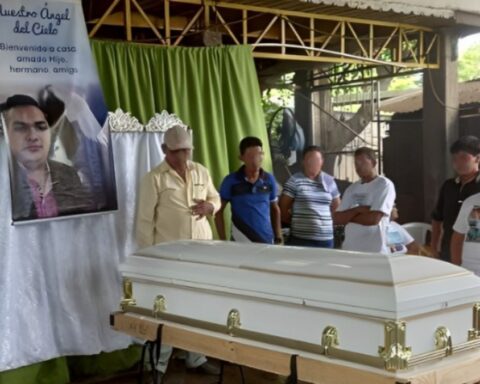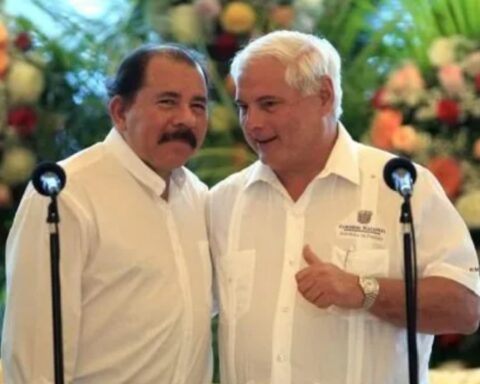The Central American Integration System (SICA) is experiencing unprecedented times: more than ten months with the headless General Secretariat, and two factions of countries that do not agree to elect the new general secretary. Any option to get out of the impasse —according to experts in international relations and diplomatic sources— requires the approval of the Nicaraguan presidential couple, Daniel Ortega and Rosario Murillo, who dispatch from the El Carmen residence in Managua.
Nicaragua is responsible for the General Secretariat, for the period 2021-2025, based on an agreement of the Central American presidents of 2017, in which it was established that each country will take turns in charge, guided by the principle of geographical rotation.
“The problem is that the rotation is an agreement that was taken unanimously in SICA. The only way to skip the rotation is for there to be a consensus to get there, and we are not in a situation that allows it,” explained Carlos Cascante Segura, professor at the School of International Relations at the National University (UNA), in Costa Delicious.
A Nicaraguan expert, who requested that his name be omitted, commented that the body should return to the provisions of Article 25 of the Tegucigalpa Protocol — SICA’s founding charter —, which establishes that the secretary general will be appointed by a meeting of presidents, but not mention rotation. However, this option also requires the Nicaraguan vote, whose regime insists on imposing its proposal.
In April 2021, the regime unsuccessfully proposed that the outgoing secretary general, Guatemalan Vinicio Cerezo, remain in office for one more term. Then, at the end of last June, Nicaraguan Foreign Minister Denis Moncada Colindres presented a list of candidates, which has been rejected by the other SICA countrieswho have argued that the applicants were “people without much knowledge” in the foreign service, and “very close to the regime.”
The regime proposed former Sandinista guerrilla Orlando Tardencilla; the current head of the Ministry of the Interior (Migob), María Amelia Coronel Kinloch; and the architect Luz Marina López Escobar, technical coordinator of the Infrastructure Secretariat of the Autonomous Regional Government of the North Caribbean Coast of Nicaragua. At the beginning of May 2022, it was known that Ortega introduced Orlando Solórzano Delgadillo, former Minister of Development, Industry and Commerce (Mific), as his new bet for secretary general of SICA.
Without time limit
Cerezo finished his term in June 2021. Since that date, SICA does not have a general secretary, who has the legal representation of the organization and is the highest administrative position. There is no other official in the regional entity who can manage or sign cooperation or donation agreements or contracts to develop technical projects in the countries of the region.
For Cascante, another option would be to appoint an interim secretary, but this also goes through “negotiation and consensus” among the eight countries of the organization: Costa Rica, El Salvador, Guatemala, Honduras, Nicaragua, Panama, Belize and the Dominican Republic.
Neither the Tegucigalpa Protocol nor other SICA statutes they establish the dates or the time that the countries have to name the new secretary general.
Article 26 of the Tegucigalpa Protocol only orders that the Secretary General “must be a national of any of the Member States, a person of recognized integrationist vocation, with a high degree of impartiality, independent judgment and integrity.”
Carlos Murillo Zamora, an expert on international relations issues and a professor at the Universidad de Costa (UCR), explained that there are no mechanisms in the SICA system for crises like the one experienced by the regional organization, and warned that “he sees no willingness or interest on the part of the Central American leaders to unblock this crisis quickly.”
forced to consent
“What options remain if consensus is not obtained? Well, the general secretariat may remain vacant for a long time, until the leaders agree. That is a political decision that they will have to make,” Murillo said.
Cascante stressed that the other States “are obliged” to negotiate with the Nicaraguan regime, since the custom in the organization is that decisions are made respecting consensus.
In addition, there is a reason of “practical-political order”, since due to its geographical position, “Nicaragua has pressure mechanisms against the other SICA countries”.
Murillo warned that, “in any case, it is in a meeting of presidents where a decision must be made and it has to be by consensus. I do not see the new Government of Costa Rica willing to take an initiative in the Central American sphere. He has other priorities. I also do not see Xiomara Castro (Honduras), Alejandro Giammattei (Guatemala) or Nayib Bukele (El Salvador) taking that initiative on behalf of the Northern Triangle. The impasse is going to continue for a long time.”
“Nicaragua can end this crisis, but I don’t think it has the will to do so. He could give up the rotation or he could say that he will choose the new secretary from a list of people who are not linked to the regime, but that will not happen. The one who has the ball on his court is Daniel Ortega and we all know that he is not going to give in,” Murillo stressed.

